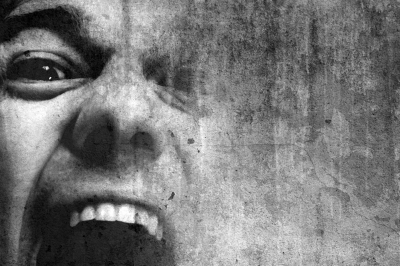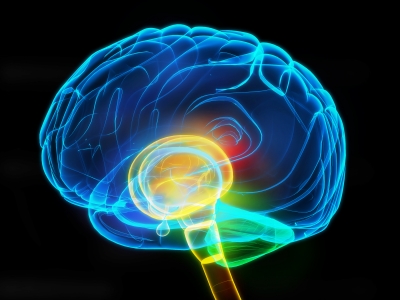In spite of over a hundred years of research and many billions of dollars spent, we still have no clear evidence that schizophrenia and other related psychotic disorders are the result of a diseased brain. Continue reading
Category Archives: Definitions
Cognitive Appraisal | Why An Apology Isn’t Always Enough
Let’s pretend, hypothetically, that you’ve acted like a supreme jerk with someone who knows you well. Quite rightly, your spouse, significant other or friend isn’t having any of it and calls you out. Whereupon, after a little reflection, you realize the error of your ways and apologize unreservedly.
Then, on the cusp of receiving absolution, your friend or lover dredges up a long forgotten infraction from the pre-disco era and revisits it detail-by-detail. What the heck just happened? This common experience has deep roots in the origins of modern psychology beginning with the “father of modern psychology” himself…
William James
William James is most famous for a wildly counterintuitive hypothesis that turned out to be wrong. (Demonstrating that—regardless if you’re a psychologist, economist, or even a motivational speaker—if you want to be considered a thought leader, it’s more important to be counterintuitive than to be right.) Continue reading
Phobias: Definition, Types and Features
 All of us, at one time or another, have experienced what it means to be afraid. Fear is a normal feature of human existence and serves an adaptive function in that it triggers reactions which allow us to respond to danger or threat. At times, however, fear can become excessive, disturbing and out of proportion with reality. Persons who experience such abnormal fear are described as having a form of anxiety disorder known as a phobia.
All of us, at one time or another, have experienced what it means to be afraid. Fear is a normal feature of human existence and serves an adaptive function in that it triggers reactions which allow us to respond to danger or threat. At times, however, fear can become excessive, disturbing and out of proportion with reality. Persons who experience such abnormal fear are described as having a form of anxiety disorder known as a phobia.
The term phobia refers to an intense, irrational fear of a particular object or situation, whether real or imagined. The fear is so severe that it interferes with the individual’s daily functioning, restricting their activities and causing much distress. In many cases, individuals experiencing phobias recognize that their fears are irrational but feel helpless to control them. Continue reading
What is Health Psychology?
Health psychology can be defined as the study of how biological, environmental, psychological and sociocultural factors influence health, healthcare and illness. Continue reading
What is Antisocial Personality Disorder?
 Antisocial personality disorder (ASPD) is “a mental health condition in which a person has a long-term pattern of manipulating, exploiting, or violating the rights of others.” (Medline Plus, 2012). Persons with ASPD display “a pervasive pattern of disregard for, and violation of, the rights of others that begins in childhood or early adolescence and continues into adulthood” (American Psychiatric Association, 2000). Continue reading
Antisocial personality disorder (ASPD) is “a mental health condition in which a person has a long-term pattern of manipulating, exploiting, or violating the rights of others.” (Medline Plus, 2012). Persons with ASPD display “a pervasive pattern of disregard for, and violation of, the rights of others that begins in childhood or early adolescence and continues into adulthood” (American Psychiatric Association, 2000). Continue reading
What is Clinical Psychology?
 Clinical psychology is one of the most popular subfields within the discipline of psychology. It involves the application of psychological theories, principles and methods to the assessment, diagnosis and treatment of mental disorders and other forms of abnormal behaviour. These include a wide range of conditions such as depression, anxiety, substance abuse, sexual dysfunction, addictions, eating disorders, and aggressive behavior. Clinical psychologists also examine the causes of abnormal behavior in order to predict and prevent maladjustment.
Clinical psychology is one of the most popular subfields within the discipline of psychology. It involves the application of psychological theories, principles and methods to the assessment, diagnosis and treatment of mental disorders and other forms of abnormal behaviour. These include a wide range of conditions such as depression, anxiety, substance abuse, sexual dysfunction, addictions, eating disorders, and aggressive behavior. Clinical psychologists also examine the causes of abnormal behavior in order to predict and prevent maladjustment.
Most clinical psychologists have a doctoral level degree – Ph.D or Psy.D – and have undergone intensive practical training in clinical settings. Continue reading




